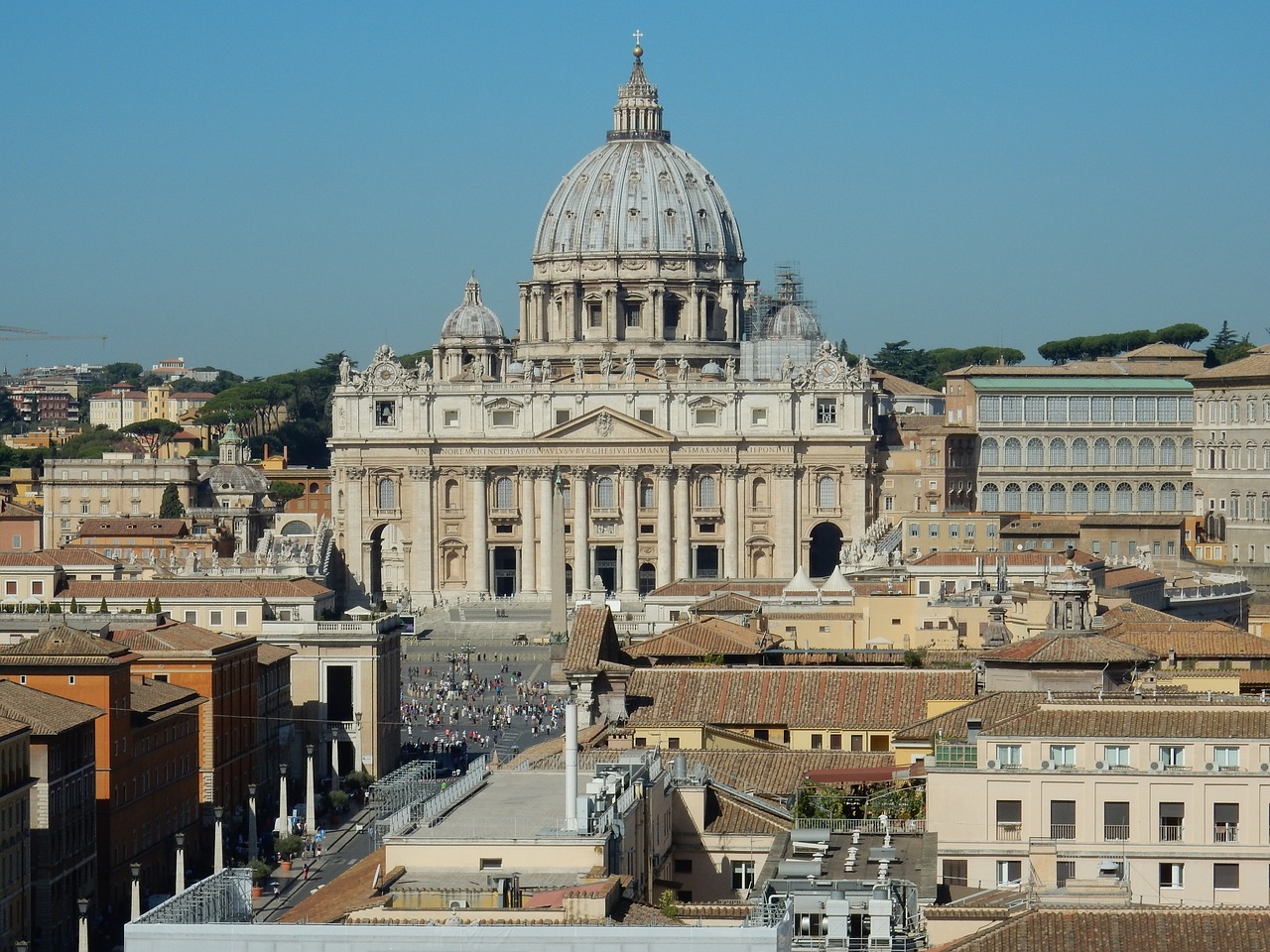Editor’s Note: This article, written by Professor Ettore Gotti Tedeschi, was first published in Italy, in the newspaper La Verità, on 17 September. In this text, the author discusses first a 15 September article written by Ernesto Galli della Loggia, who is a columnist for the Italian newspaper Corriere della Sera. While this discussion might at first seem an Italian matter, Gotti Tedeschi makes some noteworthy points, stressing how important it is for the Catholic Church not to “reconcile with the world” and to continue to defend Christ’s teaching. Otherwise, as the former President of the Vatican Bank (IOR) shows, the Church will be desacralized. The comments of Professor Gotti Tedeschi might also be of special interest, inasmuch as he is one of the signatories of the “Filial Correction” of Pope Francis.
Galli della Loggia argues that Catholics have nothing to say in the public domain. But, at its extreme, this idea leads to the total disappearance of the faith. And the need of a sacred rejuvenation in the form of a gnostic ethic.
By Ettore Gotti Tedeschi
Last Friday, Ernesto Galli della Loggia, from Corriere della Sera, gave an important but somewhat sophisticated explanation on the essence of the Christian message that lends itself to becoming political; In effect, the ultimate end of the Catholic Church’s influence on politics.
Galli della Loggia, a historic and refined intellectual figure, does not offer such a message for his own sake. But let’s see if I understand well enough. In support of his statements, he brings various geopolitical reasons about power struggles that have necessarily influenced the social needs of religious morality, and hence the role of the Catholic religion (and of the Church), which cannot therefore claim to be part of a civilized religion (always opposed to secularism) sacralizing certain political values. So much so that the present Pontiff (I suppose distinct from his predecessor) would have assumed it as the main strategic directive to ensure the commandment of Mercy (which in its practice is understood as human rights) for the Catholic Church to ensure a social presence, thus renouncing other political roles.
But in the field of human rights, the Church competes with international institutions (chiefly the U.N.) and must come to terms with mysterious characters with slightly different values (George Soros types). I found it difficult to understand the conclusion where he explains that for the church, human rights today are still faced with an uncompromising radicalism (I would not say this exactly…) and are therefore in danger of insisting on recasting the Church as a proponent of a civil religion (something already rejected). This would confirm that Christianity remains as the heart of our civilization. And above all, the problematic expression that brought on my reflection.
Apart from many considerations about who caused this whole process of gnostic laicization, Galli della Loggia leaves us guessing. It’s curious, however, that this process always analyzes the consequences, but ignores the causes. I will not even bother to comment on the role of the famous institutions (like the U.N.) whose general secretaries even declared a pursuit of a religious syncretism necessary to ensure peace and prosperity for the whole world. I would like to consider the implications of the implicit invitation to the Church to be less radical in the vision of human rights and therefore less problematic (if I understand, making compromises).
The human rights that would be promoted by the Church and which are just a few decades from being proposed by the body of the U.N. are the consequence of these new (gnostic) ethics, are a result of scientific discoveries that influence socio-cultural trends.
Such human rights are produced by science and imposed by UN bodies (such as the WHO), but as part of their task, they must also restructure the concept of morality and ethics, perhaps even by replacing the moral authorities.
This is most apparent by the fact that bio-rights (from the U.N.) has now replaced bioethics (from the Catholic Church). A new moral authority of a new Holy See is looming: is it clear to the reader? This means that the old moral authority of the old Holy See should renounce non-negotiable values to “reconcile with the world,” but it should also give up intervening in society by affirming moral principles. Moreover, in order to be tolerated, the Catholic doctrine (including dogma) should be adapted accordingly to the law of “theological evolution” (of which I did not know). But that would mean accepting the process of dehumanization, which will be offset by artificial intelligence sanction the victory of gnosis over Creation.
I would like to conclude with two points. I believe that they want to definitively desacralize the Catholic religion and sacralize the gnostic religion. They may also want to try for a “mediation” by the Church through equivocation on mercy and human rights. Perhaps this attempt might reflect why Benedict XVI was so oppressed during his pontificate. As Galli della Loggia says, perhaps the Catholic message is no longer accepted to influence politics, but it’s also certain that the political message will never become part of the Catholic message.
We will not allow it. Someone might even think of this, but he forgets that the Church is of Christ. Or he did not forget it – he knows it perfectly well, which is precisely why He fights for her.
Translation kindly provided by Matthew Mangiaracina


